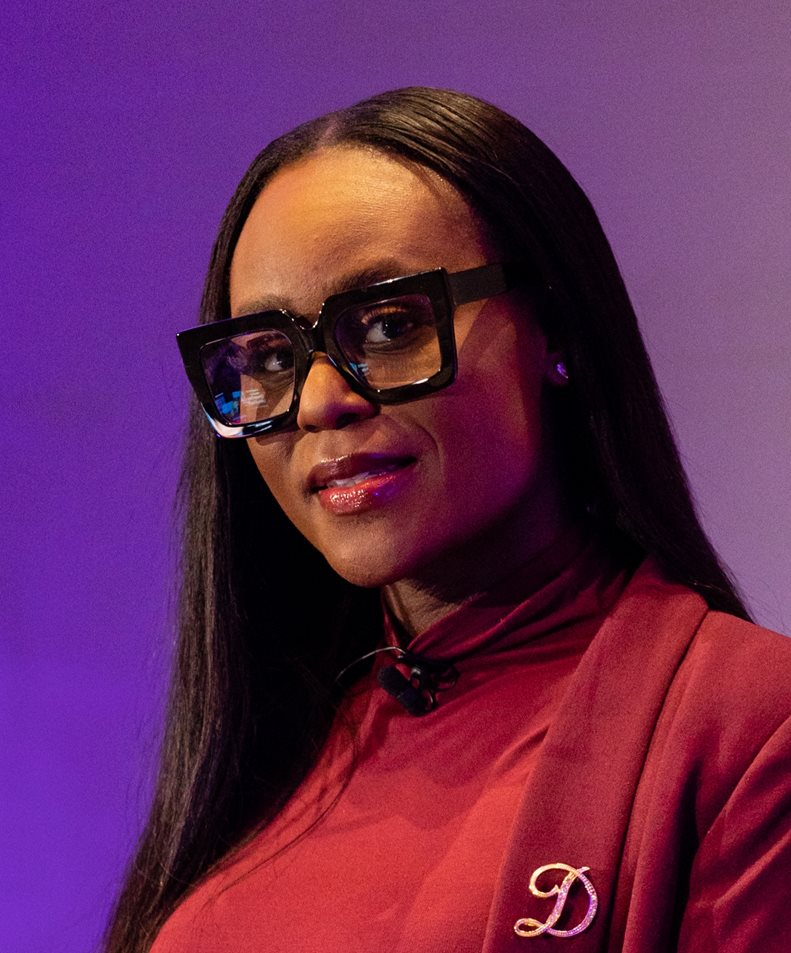The balancing act of building true allyship
Real progress on inclusivity means learning from our mistakes. Organisations face a balancing act between creating a safe space for growth and protecting historically marginalised employees. Here are some tips to get the balance right.
.jpg?format=webp&width=850&resizemode=force)
Table of Contents
Every year, Pride Month offers the opportunity to celebrate progress for the LGBTQ+ community. Scenes of laughter, joy, and people expressing their authentic selves remind us of how far we’ve come. But it’s also a time to recognise how much more needs to be done, especially considering the assaults on LGBTQ+ communities happening around the world.
The workplace has become a critical arena for creating a more equitable world, because it has the power either to reinforce broader oppression or to cultivate a safe space against it. It can also create a sense of belonging that serves as a positive example to other organisations. This can happen on two different but connected levels: company policies and perspectives, and everyday interactions between individuals and groups. In previous years, we’ve discussed how companies can show up for their LGBTQ+ colleagues by taking a visible stand in support of this community. This year, we’d like to explore how every individual can help make work life better for everyone by becoming a better ally.
There are lots of great resources out there on how to become a better ally, which discuss the importance of understanding privilege, voicing support for the LGBTQ+ community, and embracing inclusive language. But we’d like to highlight two areas that create the emotional foundation for all these other actions. These are: overcoming defensiveness and demonisation, and managing the additional burden that’s placed on marginalised team members when they’re expected to call out problematic behaviour and educate colleagues on inclusivity.
Overcoming defensiveness and demonization
Becoming a better ally means staying open to learning and acknowledging privilege, but both are almost impossible when a person’s main concern is their fear of being criticized. This fear can come from two different directions that we’ll look at here:
Defensiveness
We can all take steps to educate ourselves on becoming a better ally and understanding other people’s experiences. But sooner or later, someone else is going to point out our blind spots and problematic behaviours. For many of us, this will trigger painful feelings that can lead to defensiveness, avoidance, rationalisation, or even doubling down on the problematic behaviours. Acknowledging the pain of feeling uninformed while staying open to learning can be tough, but at the end of the day, it’s a choice. How we choose to manage these feelings can be the difference between creating a more inclusive or exclusionary space.
Demonisation
The flip side of defensiveness is demonisation, where a person engaging in problematic behaviour faces severe, persistent criticism, even if they’re open to learning from their mistakes and growing. If the person reacts defensively to demonisation, it can create a cycle of blame that increases polarisation and harms DEI rather than fostering it.
People will always have blind spots. The key to moving forward lies in how problematic behaviour is named and how the person engaging in that behaviour responds.
Managing the “frictional costs” of DEI education
Different people enjoy different levels of privilege and face different “frictional costs" in creating a more inclusive workspace. We borrow this term from Lucia Rahilly of McKinsey Global Publishing, who uses it to describe the additional burden experienced by marginalised employees when they’re expected (either implicitly or explicitly) to call out problematic behaviour and educate their colleagues on inclusivity. For example, a person might hear their behaviour called out by a colleague from a marginalised group, then respond by asking that colleague to educate them on how to behave better. The openness shown here is positive, but educating colleagues about DEI can create an additional burden for colleagues from marginalised groups. In these situations, the person exhibiting problematic behaviour could thank their colleague for saying something, then consult their company’s DEI resources or a skilled DEI professional to take next steps in improving.
On top of the cognitive costs of educating colleagues, we also need to appreciate the emotional burden that LGBTQ+ workers face when they a) experience discriminatory behaviour, and b) risk potential confrontation by calling it out. While it’s important to create a space where people feel safe to be wrong and admit their mistakes, we also have to remember that discriminatory behaviour always comes at a cost to marginalised employees, no matter how open the offender is to learning from it. This is why both organisations and individuals need to show real, ongoing progress in their efforts to become better allies—in ways that make work life better for everyone.
Tips for creating a more inclusive workplace in PRIDE month and beyond
Moving forward, here are some of the ways your organisation can foster a more supportive and inclusive workspace:
1. Educate year-round, not just in June
Provide comprehensive education and training sessions for all employees to increase awareness and understanding of LGBTQ+ identities, issues, and terminology. This helps to dispel myths, reduce stereotypes, and foster empathy and acceptance. Offer resources such as workshops, seminars, or online modules to address topics like unconscious bias, respectful language usage, and LGBTQ+ history.
2. Have leaders show visible support
Leadership plays a crucial role in setting the tone for inclusivity in the workplace. Senior leaders should openly demonstrate their commitment to LGBTQ+ inclusion through their words, actions, and decision-making. By fostering a culture of inclusivity from the top down, organisations can create a sense of belonging for all employees, regardless of sexual orientation or gender identity.
3. Commit to community engagement and authentic allyship
Support LGBTQ+-related initiatives, events, and causes both within the organisation and in the broader community. By demonstrating a commitment to LGBTQ+ equality and inclusion, organisations can help to mitigate bias and create a more welcoming environment for all employees.
If individuals and organisations can become stronger in these areas, they’ll build a better foundation for DEI, allyship, and belonging amongst their people. These are the things that result not only in improved policies, but improved everyday experiences for members of the LGBTQ+ community, something the world needs much more of as we celebrate Pride Month and look beyond it to a brighter future.
You may also like:
Ready to get started?

